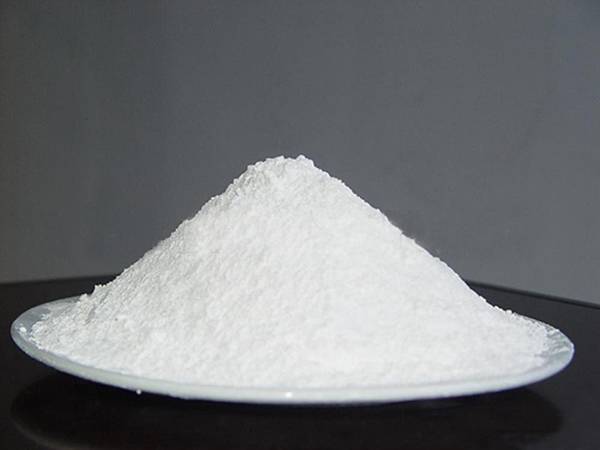



water treatment chemicals manufacturers
The Role of Water Treatment Chemicals Manufacturers in Ensuring Clean Water
Water, an essential resource for life, requires adequate treatment to make it safe for consumption and use. The role of water treatment chemicals manufacturers is pivotal in this process, as they provide the necessary chemicals to purify drinking water and treat wastewater. These manufacturers play a crucial role in protecting public health and the environment, making their work vital to sustainable water management.
Water treatment chemicals serve several purposes. They help in coagulation and flocculation, which allow suspended particles and impurities to clump together and settle out of the water. Common chemicals used in this process include alum and ferric chloride. Additionally, disinfectants like chlorine and ozone are crucial for killing harmful microorganisms, ensuring that water is safe for drinking and recreational activities.
Manufacturers of water treatment chemicals are constantly innovating to meet changing regulations and environmental standards. As communities grow and pollution levels increase, the demand for more effective and sustainable chemicals rises. Manufacturers are investing in research and development to create products that not only treat water efficiently but also minimize environmental impact. For instance, biodegradable chemicals and those derived from renewable resources are becoming increasingly popular.
water treatment chemicals manufacturers

Furthermore, the global push towards sustainability has prompted chemical manufacturers to focus on reducing waste and energy consumption in their production processes. Implementing cleaner manufacturing techniques not only lowers operational costs but also enhances their reputation among environmentally conscious consumers and businesses.
The regulatory landscape also influences the operations of water treatment chemicals manufacturers. Governments around the world implement strict guidelines to ensure that water treatment processes safeguard public health. Manufacturers must stay abreast of these regulations and adapt their products accordingly. This requires robust quality control and assurance measures to guarantee that the chemicals used in water treatment are safe and effective.
Collaboration between water treatment chemicals manufacturers, government entities, and environmental organizations is essential for addressing the global water crisis. These partnerships can drive innovation while striving to meet the growing demand for clean water. By sharing knowledge and resources, stakeholders can develop advanced technologies and practices that enhance water treatment processes.
In conclusion, water treatment chemicals manufacturers play a significant role in the continuous battle for clean and safe water. Through innovation, sustainable practices, and collaboration, they ensure that communities have access to essential water resources. As challenges related to water quality and availability increase, the contributions of these manufacturers will be more vital than ever in promoting public health and environmental sustainability. Their ongoing commitment to providing effective solutions will be essential in securing safe water for future generations.
-
Sodium Chlorite Hot UsesNewsJul.01,2025
-
Sodium Chlorate ApplicationsNewsJul.01,2025
-
Smart Use Of Sodium ChloriteNewsJul.01,2025
-
Power Of Sodium BisulfateNewsJul.01,2025
-
Potassium Monopersulphate & Sodium Chlorite: Key to Effective Cleaning SolutionsNewsJul.01,2025
-
Pool Water Treatment GuideNewsJul.01,2025
-
Why Strontium Carbonate Still MattersNewsJun.06,2025










